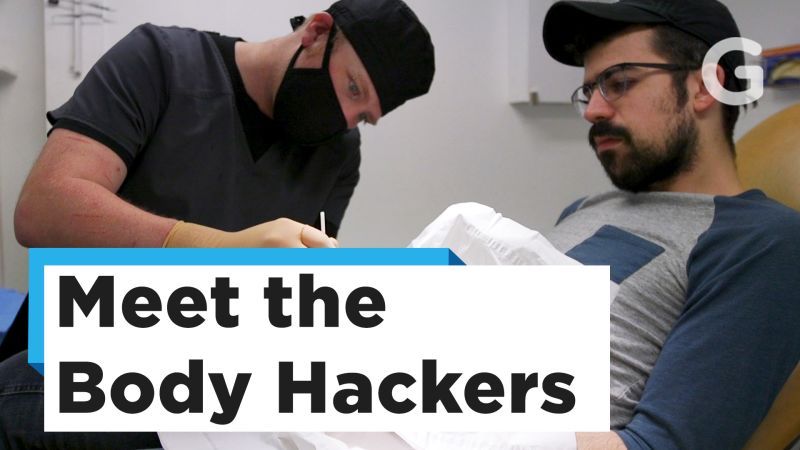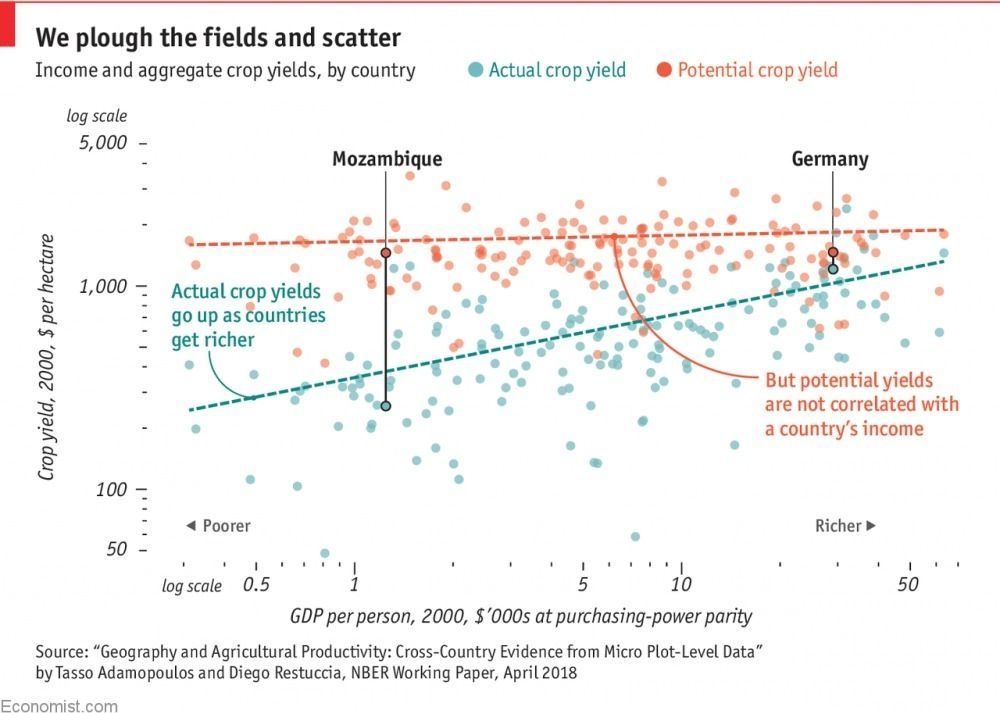Apr 29, 2018
I Spent a Weekend With Cyborgs, and Now I Have an RFID Implant I Have No Idea What to Do With
Posted by Genevieve Klien in categories: biotech/medical, cyborgs
Jeffrey Tibbetts prepped for implantation and scrubbed in, methodically sudsing up to his elbows, scraping the dirt from under his fingernails and scouring his hands with a rough brush to render his body sterile before donning a pair of beige latex surgical gloves.
Behind him, a twentysomething tea barista in a black baseball cap waited pensively, his left ring finger exposed from under a surgical drape, a tourniquet wrapped tightly around it. For months, an implanted magnet had been uncomfortably bulging out of the side of Zac Shannon’s finger. Tibbetts picked up a scalpel and began cutting, gently scraping away at the flesh until the incision was deep enough to expose the magnet. With the very steady hands of a practiced surgeon, he pulled out the tiny hunk of metal.
Tibbetts plopped another magnet into the finger, sutured it shut, and removed the tourniquet. The small wound began to gush blood.


















